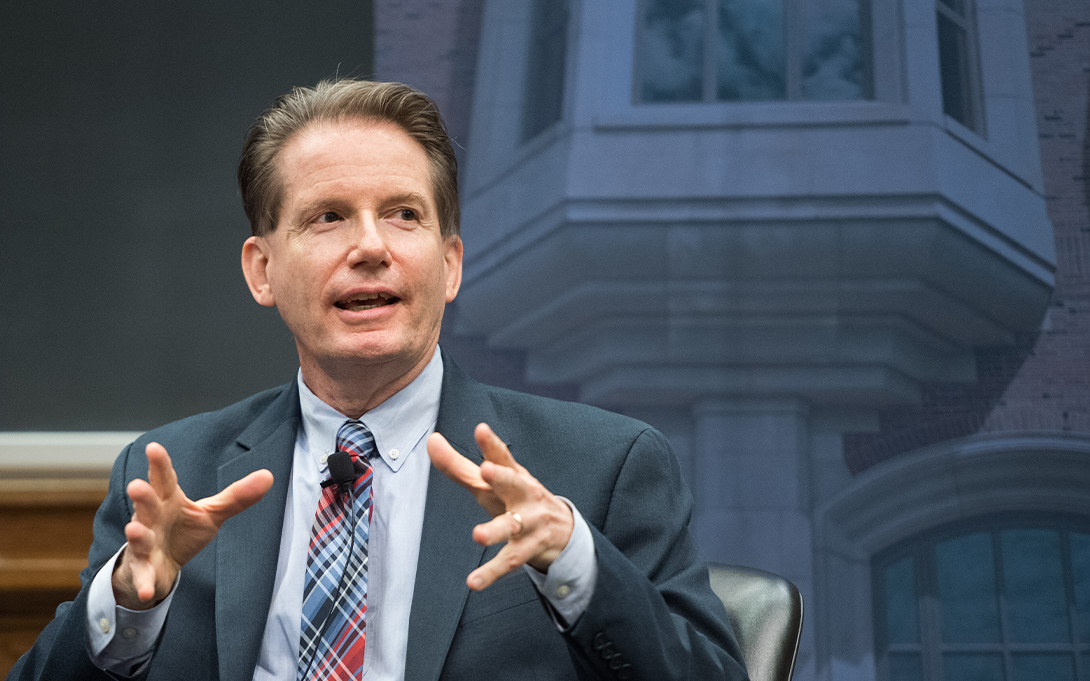
Barry Rabe, J. Ira and Nicki Harris Family Professor of Public Policy, recently appeared on the podcast In Over My Head to discuss the intricacies of carbon pricing.
"The idea of carbon ... was developed principally in the discipline of economics to think about ways to create incentives for people to change or adjust their behavior by responding to price signals," Rabe said. "We do this in other areas. We use taxes all the time to try to, not just to raise money for the government, but to change incentives, change behaviors and this is one of the reasons why carbon pricing has caught on."
Coimparing the U.S. and Canadian approaches, Rabe noted, "We now have an interesting kind of asymmetry in several areas of climate policy, methane, hydrofluoric, carbons, but also carbon related to a carbon price. Canada has committed to moving well ahead of the United States. It's possible by 2030 that the carbon price in Canada will be $170 a ton Canadian. It's possible that the US effective carbon price will be what it is now - zero."
In the future, carbon priving will be one of the many tools policy makers use to reduce e,missions, he said. " I really don't think we are going to live in a world in which the only thing we do on climate is a mega carbon price. I'm also not persuaded that we're just gonna edge carbon pricing entirely, let markets set prices, and then rely only on these other tools. And I think the jurisdictions that are most ambitious and in many respects, most creative and best poised to, really deal with their share of the climate crisis, going forward are ones that have found some kind of blending going back to your term tools that are complimentary toward one another."
You can listen to the podcast here.
You can read the transcript here.
